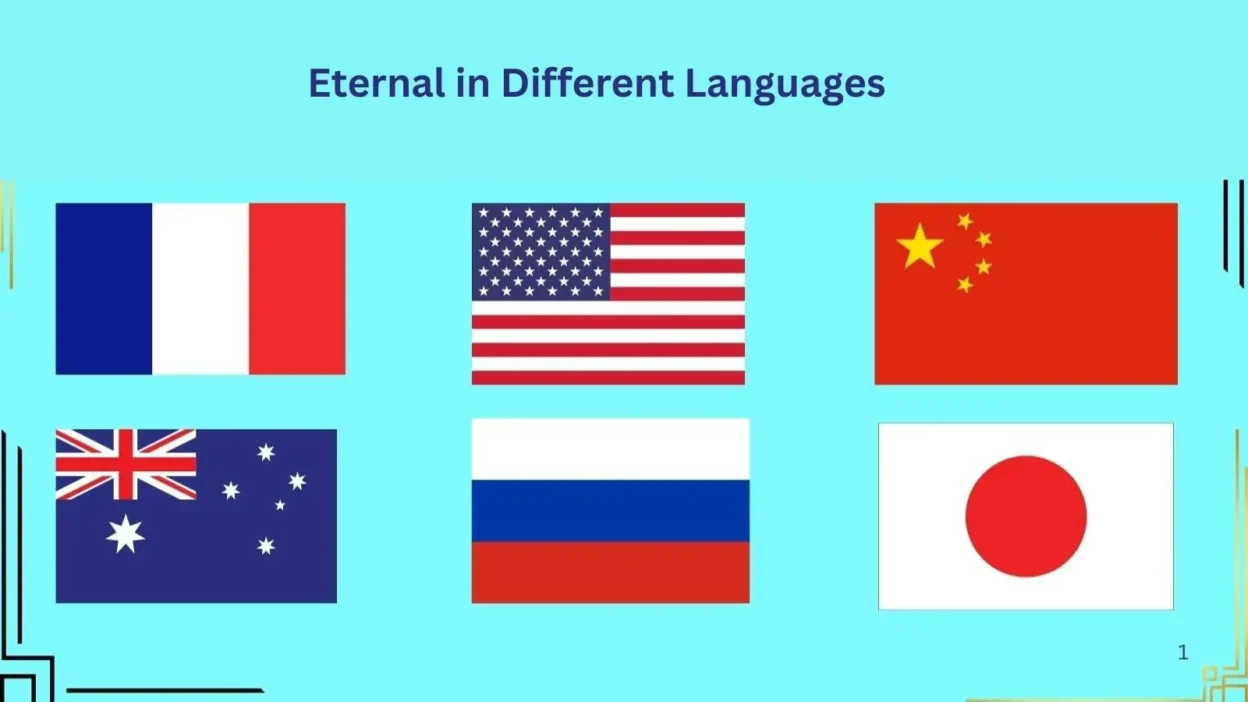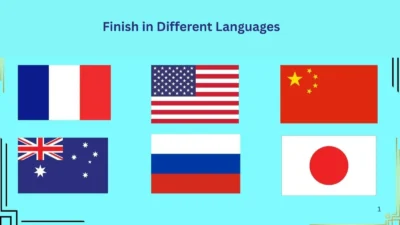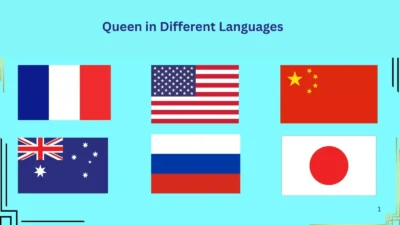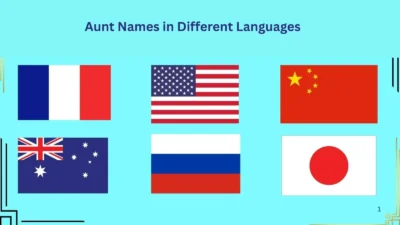Have you ever wondered how to say “eternal” or “queen” in different languages?
Maybe you’re writing a poem, naming a character, composing a song, or just exploring the beauty of languages.
These two powerful words — eternal and queen — carry deep emotional and symbolic meaning. You might be searching to use them correctly in conversations, artistic projects, or multicultural communications.
This article is here to solve that problem. We’ll not only give you translations of eternal and queen in various languages, but also explain what these words mean, their cultural context, and how you can use them naturally.
🌟 What Does “Eternal” Mean?
The word eternal refers to something everlasting, timeless, and infinite — something that exists forever without end. It’s often used in spiritual, romantic, or philosophical contexts. Examples:
- Eternal love – love that never fades.
- Eternal flame – a symbol of remembrance or undying spirit.
- Eternal truth – a principle that remains valid across all time.
👑 What Does “Queen” Mean?
The word queen can refer to:
- A monarch — the female ruler of a kingdom.
- A powerful woman — someone who commands respect and admiration.
- A cultural or symbolic figure — e.g., beauty queen, drag queen, or queen of hearts.
Depending on the context, “queen” can signify authority, elegance, strength, and dignity.
🗺️ Eternal in Different Languages
| Language | Word for Eternal | Pronunciation (if useful) |
| Spanish | eterno / eterna | eh-TER-no / eh-TER-na |
| French | éternel / éternelle | eh-tehr-NELL |
| German | ewig | AY-vikh |
| Italian | eterno / eterna | eh-TER-no / eh-TER-na |
| Arabic | أبدي (abadi) | ah-BAH-dee |
| Hindi | शाश्वत (shaashvat) | SHAASH-vut |
| Chinese (Mandarin) | 永恒 (yǒnghéng) | yong-huhng |
| Japanese | 永遠 (eien) | eh-en |
| Russian | вечный (vechny) | VECH-nee |
| Greek | αιώνιος (aiónios) | eye-OH-nee-os |
| Turkish | ebedi | eh-beh-DEE |
| Portuguese | eterno / eterna | eh-TER-no / eh-TER-na |
| Korean | 영원한 (yeongwonhan) | yong-won-han |
| Swahili | wa milele | wah mee-LEH-leh |
Usage Example:
- My love for you is eternal.
French: Mon amour pour toi est éternel.
👸 Words for Queen in Different Languages
| Language | Word for Queen | Notes / Cultural Hint |
| Spanish | reina | Used for both monarch and affectionate terms. |
| French | reine | Also appears in playing cards (e.g., la reine de cœur). |
| German | Königin | Female counterpart to König (king). |
| Italian | regina | Classic Latin origin, also a popular name. |
| Arabic | ملكة (malika) | Also used symbolically in songs and poetry. |
| Hindi | रानी (rani) | A very common and culturally rich term. |
| Chinese (Mandarin) | 女王 (nǚwáng) | Literal female ruler. |
| Japanese | 女王 (joō) or クイーン (kuīn) | Used in formal or Western-style contexts. |
| Russian | королева (koroleva) | Common for fairy tales or royalty. |
| Greek | βασίλισσα (vasílissa) | Seen in mythology and history. |
| Turkish | kraliçe | Modern word, closely related to “king”. |
| Portuguese | rainha | Also used metaphorically, like “Rainha do Samba”. |
| Korean | 여왕 (yeowang) | Literal translation; also used for fantasy genres. |
| Swahili | malkia | Common in East Africa, rooted in royalty. |
Usage Example:
- She is the queen of our hearts.
🗣️ How to Use These Words in Conversation
Eternal:
- “This memory will remain eternal in my heart.”
- “They made an eternal promise to each other.”
Queen:
- “She walks like a queen – full of grace and confidence.”
- “Every woman is a queen, no matter her crown.”
You can mix both words in emotional or poetic contexts:
“To my eternal queen, your love rules my soul.”
🎯 Why Learning These Words Helps You
Whether you’re traveling, writing, learning a new language, or just expanding your vocabulary, knowing how to say eternal and queen in different languages helps you:
- Connect deeply with people from diverse cultures
- Express powerful emotions in poetic or romantic contexts
- Create memorable names for books, characters, or brands
- Strengthen language skills by learning real-world vocabulary
✅ Conclusion
Words like eternal and queen aren’t just translations — they carry emotional power, cultural weight, and timeless beauty. By learning how to say them in different languages, you’re opening a door to meaningful communication across borders.
Whether you’re writing a love letter, naming a character, or just expressing admiration for someone special, you now have the perfect words — in dozens of languages — to do so.



